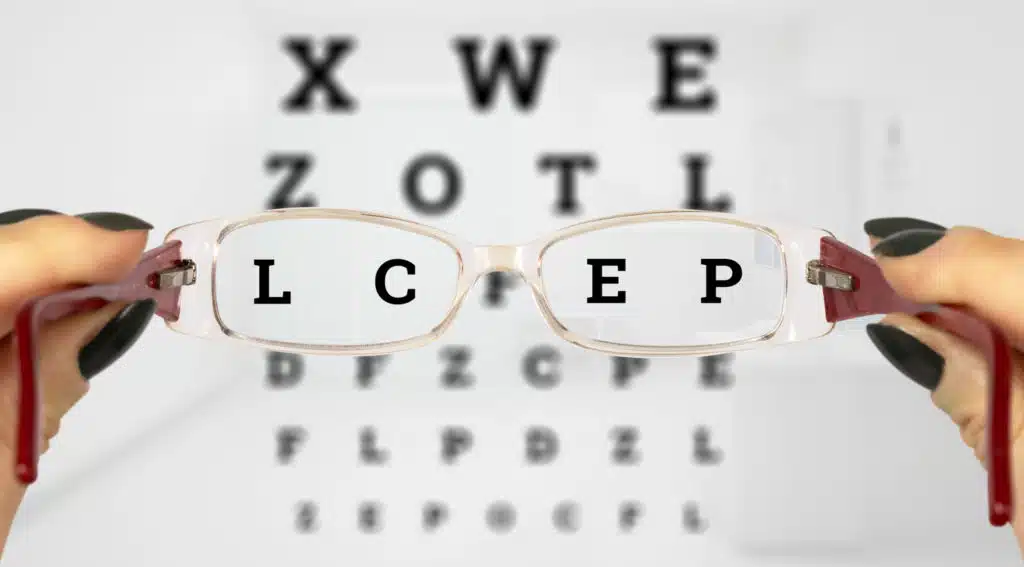
Annual exams are preventive exams that can help catch any health problems which may not be symptomatic or severe yet. There is one annual exam that is often overlooked, and that is the eye exam. When you think about eye exams, you may assume that it’s only for people who need glasses, but in fact, eye exams are important for everyone – including those with perfect vision. Your sense of sight is one of the most important senses and with thorough eye exams, you can protect yourself from vision loss and stay on top of other eye problems.
Eye Exams
A licensed optometrist or ophthalmologist conducts eye exams. Included in eye exams are vision screenings and other tests to evaluate your eye health. The optometrist or ophthalmologist checks for the following:
- Eye alignment
- Eye movement
- Visual acuity
- Depth perception
- Glaucoma
- Cataracts
- Macular degeneration
- Detached retinas
Eye diseases often have no noticeable symptoms for quite some time, and detecting and treating these problems early on usually has favorable outcomes. If you want to prevent vision loss, make your eye exams an annual occurrence.
The American Academy of Ophthalmology (AAO) recommends eye exams every five to 10 years for people aged 20-30; every two to four years for people from 40 to 54; every one to three years for people aged 55-54; and every year for people aged 65 and older. However, there are exceptions to the rule. If you are experiencing noticeable vision changes and eye discomfort, have a chronic disease, and have a family history of eye disease, eye exams should be scheduled with a shorter time period in between.
What Other Conditions Can an Eye Doctor Find During an Exam?
This may come as a surprise, but optometrists or ophthalmologists can even detect signs of other health conditions not exclusive to eyesight, such as high blood pressure, high cholesterol, and diabetes. Here are a few examples of how your eyes can reveal a lot about your overall health:
- High blood pressure can cause damage to blood vessels in the retina and cause a person’s vision to become blurry due to a condition called retinopathy.
- Diabetes can also cause retinopathy and may cause the eyes to leak blood or yellow fluid.
- A yellow ring around the cornea can be a sign that a person has high cholesterol.
- Inflammation in the eyes is a symptom of lupus, an autoimmune disorder.
- Symptoms of thyroid disorders include bulging eyeballs.
- Changes in your eye structure may be a symptom of melanoma or eye cancer.
Eye Doctor in Washington and Missouri
If you would like to take better care of your eyes and stay on top of your eye health, the optometrists and ophthalmologists at Advanced Sight Center provide comprehensive, leading-edge eye care for our patients. Our eye exams are state-of-the-art and we even have an optical boutique for corrective eyewear and lenses.
Your eyesight is precious; let our eye experts take better care of it. To schedule an eye exam, call Advanced Sight Center at (636) 239-1650 for our Washington, Missouri location. You can also send an appointment request using our online form.




